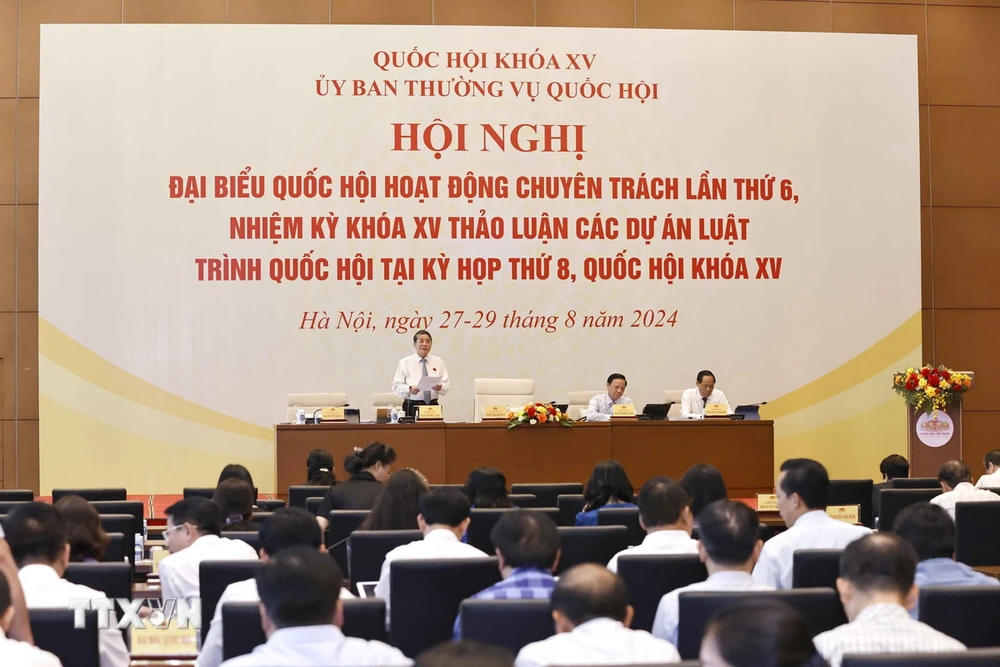
On the morning of August 29, at the National Assembly House, full-time National Assembly deputies gave their opinions on the draft Law on Value Added Tax (amended).
Discussing at the Conference, many opinions expressed interest in changing fertilizer from non-taxable to 5% taxable.
According to the Report presented to the Conference on some major issues in explaining, accepting and revising the draft Law on Value Added Tax (amended), some opinions agreed to change fertilizers, machinery, specialized equipment serving agricultural production, and fishing vessels from non-taxable to taxable at 5%.
However, many opinions proposed to keep the current regulations and suggested to carefully assess the impact of policy changes from the perspective of the manufacturing industry as well as from the perspective of impact on consumers.
Other opinions suggest regulating fertilizers as subject to a 0% or 2% tax rate and allowing input VAT deductions, or suggesting increasing taxes on these items according to a roadmap.
Regarding this content, there are still two streams of opinion (expressed in two options in Clause 2, Article 9 of the draft Law).
The first viewpoint proposes to keep fertilizers, machinery, specialized equipment for agricultural production, and fishing vessels exempt from value added tax as per current regulations.
The second view agrees with the Drafting Agency, moving this group of products into the category subject to 5% value added tax.
Discussing at the Conference, the majority of delegates agreed with the first option, stating that changing fertilizers to a 5% tax rate would increase fertilizer prices, thereby increasing the cost of agricultural products, directly affecting agricultural production and farmers' lives.
Delegates suggested carefully assessing the impact of policy changes from the perspective of the manufacturing industry as well as from the perspective of the impact on consumers.
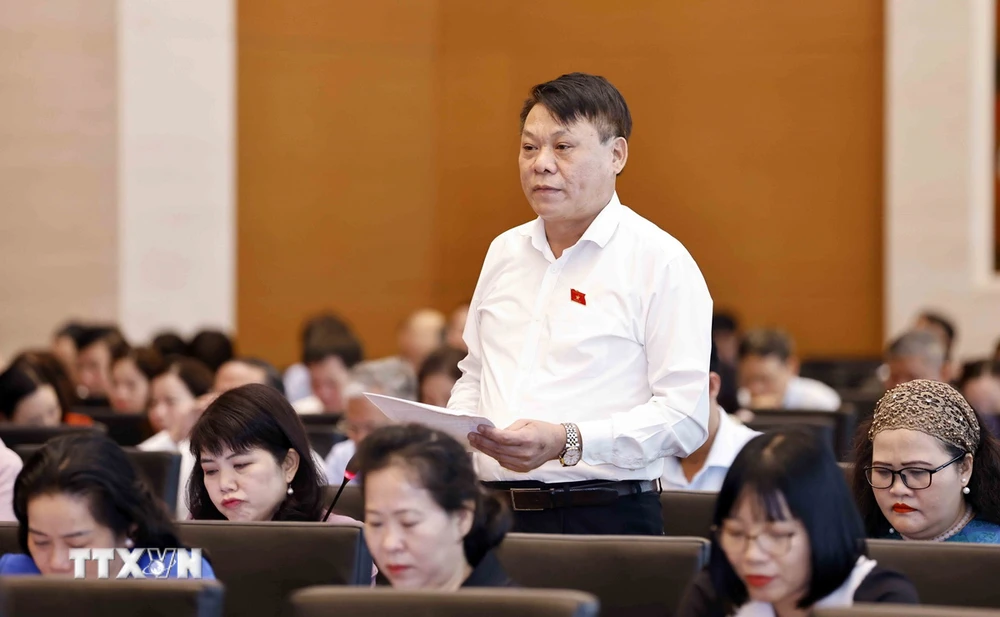
Delegate Nguyen Thanh Nam (Phu Tho) said that if fertilizers, machinery, specialized equipment for agricultural production, and fishing vessels are subject to a 5% tax rate, it will increase costs for fishery and agricultural production.
“This is a policy that we need to continue to pay attention to. Therefore, I propose to maintain the current law, these subjects are not subject to tax,” the delegate affirmed.
Delegate Nguyen Truong Giang (Dak Nong) stated his opinion: “If we impose a 5% tax on fertilizers alone, we will collect about 5,700 billion. Where will we get 1,500 billion to refund taxes to businesses? Thus, the state budget will collect about 4,200 billion. This is an indirect tax, "taxed" directly on consumers. If we argue that we impose a 5% tax to reduce selling prices, I find it unreasonable. There is a completely different difference between cost price and selling price...”
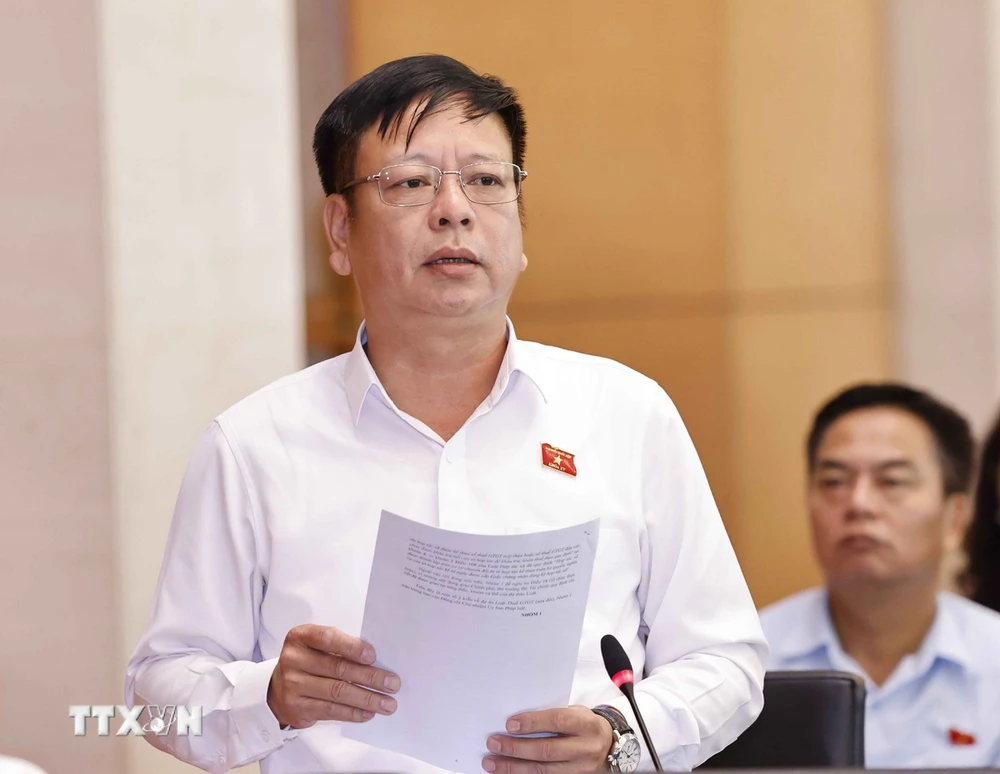
Delegate Giang said that recently, to restore the economy, we tried to reduce 2% of value added tax for people to stimulate consumption, but now imposing 5% to reduce selling prices is not convincing; at the same time, he proposed not to impose value added tax on fertilizers and similar products.
Commenting on the draft Law, delegate Trinh Xuan An (Dong Nai) emphasized that the Law on Value Added Tax is a law that has a profound impact on the whole society, every person, every household; therefore, Vietnam needs a truly modern and objective tax but must also be true to the nature of indirect tax.
Value added tax is different from other taxes because the law requires “rails” to make the regulations objective.
Delegate Trinh Xuan An said that the contents of the draft law should aim for universality, not directly targeting any subject to avoid overly specific regulations that would undermine the objectivity of this tax. Therefore, it is not advisable to rely solely on price increases or decreases to decide whether or not to impose value added tax on fertilizers.
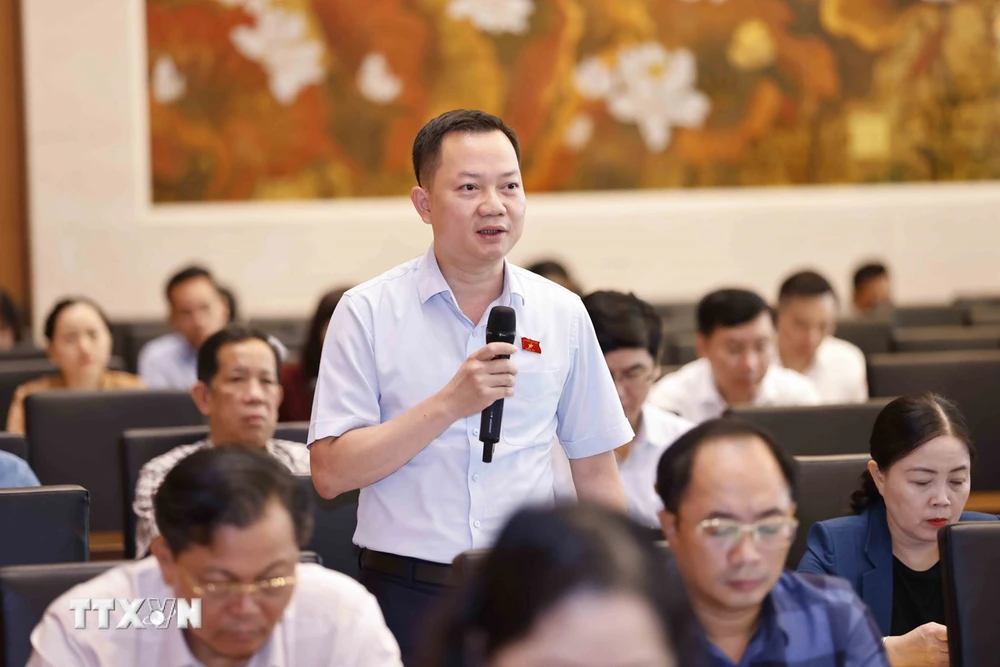
If we only focus on the story of price increase or decrease, we will not completely handle this story and the fertilizer market will still be affected by the world market. Vietnam is an agricultural country, it needs a stable policy for fertilizer prices - an essential commodity for agricultural production, should not be adjusted many times.
“We need to have a modern fertilizer production industry that is equal to the world, not following a policy of always depending on the world; depending on the import market... I think we have to look at the whole picture and if our fertilizer production industry is good, our people will benefit, our society will benefit, and the agricultural sector will benefit,” the delegate said.
Also at the meeting, full-time National Assembly deputies gave their opinions on the draft Law on Electricity (amended)./.
Source: https://www.vietnamplus.vn/nghien-cuu-phuong-an-ap-thue-gia-tri-gia-tang-doi-voi-phan-bon-post973217.vnp


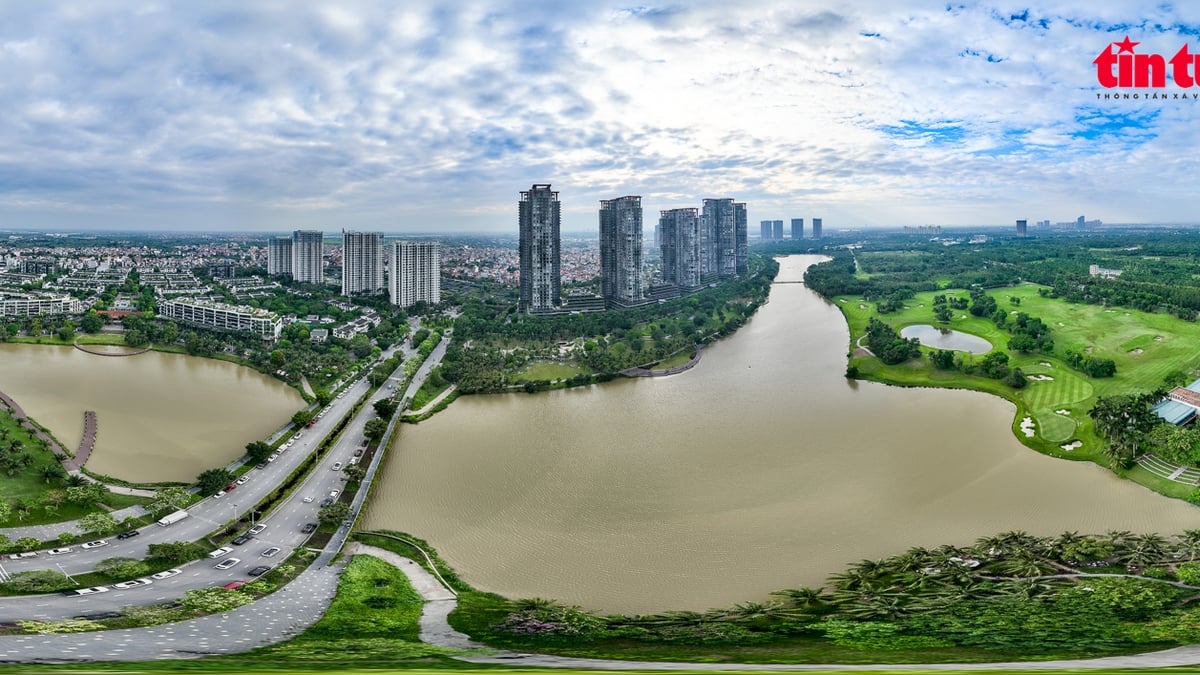





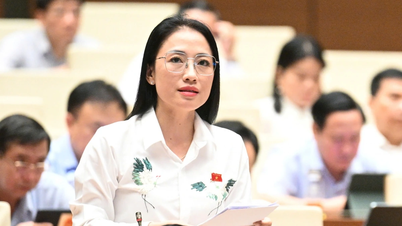

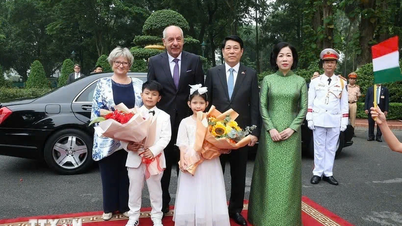

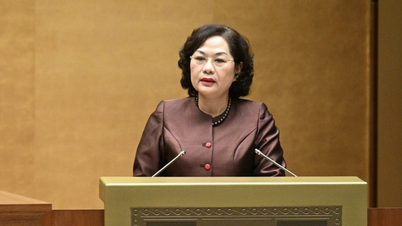

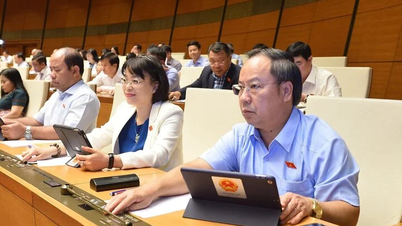

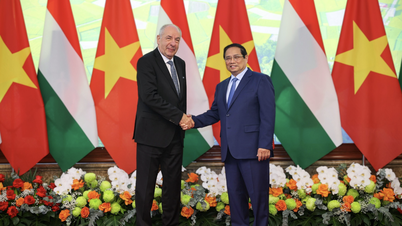

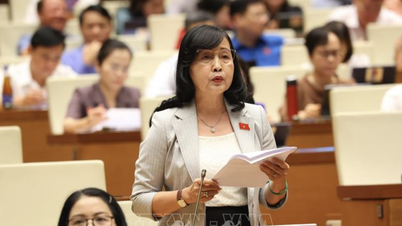





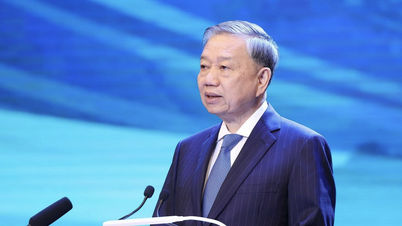



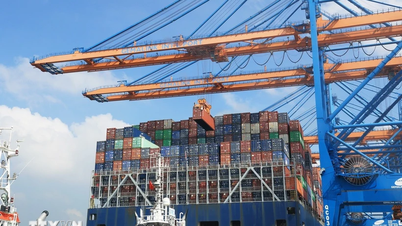











































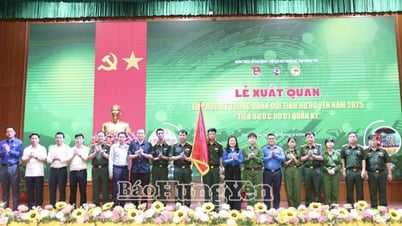















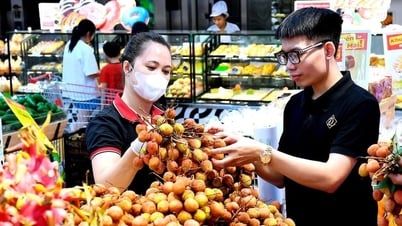








Comment (0)